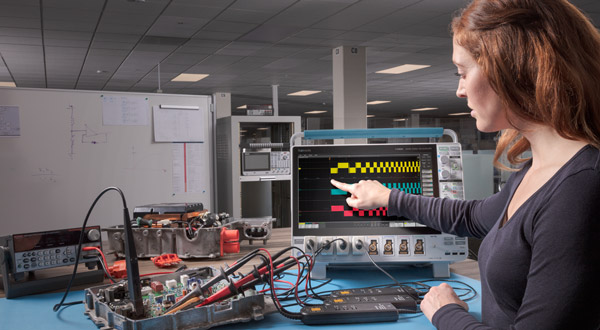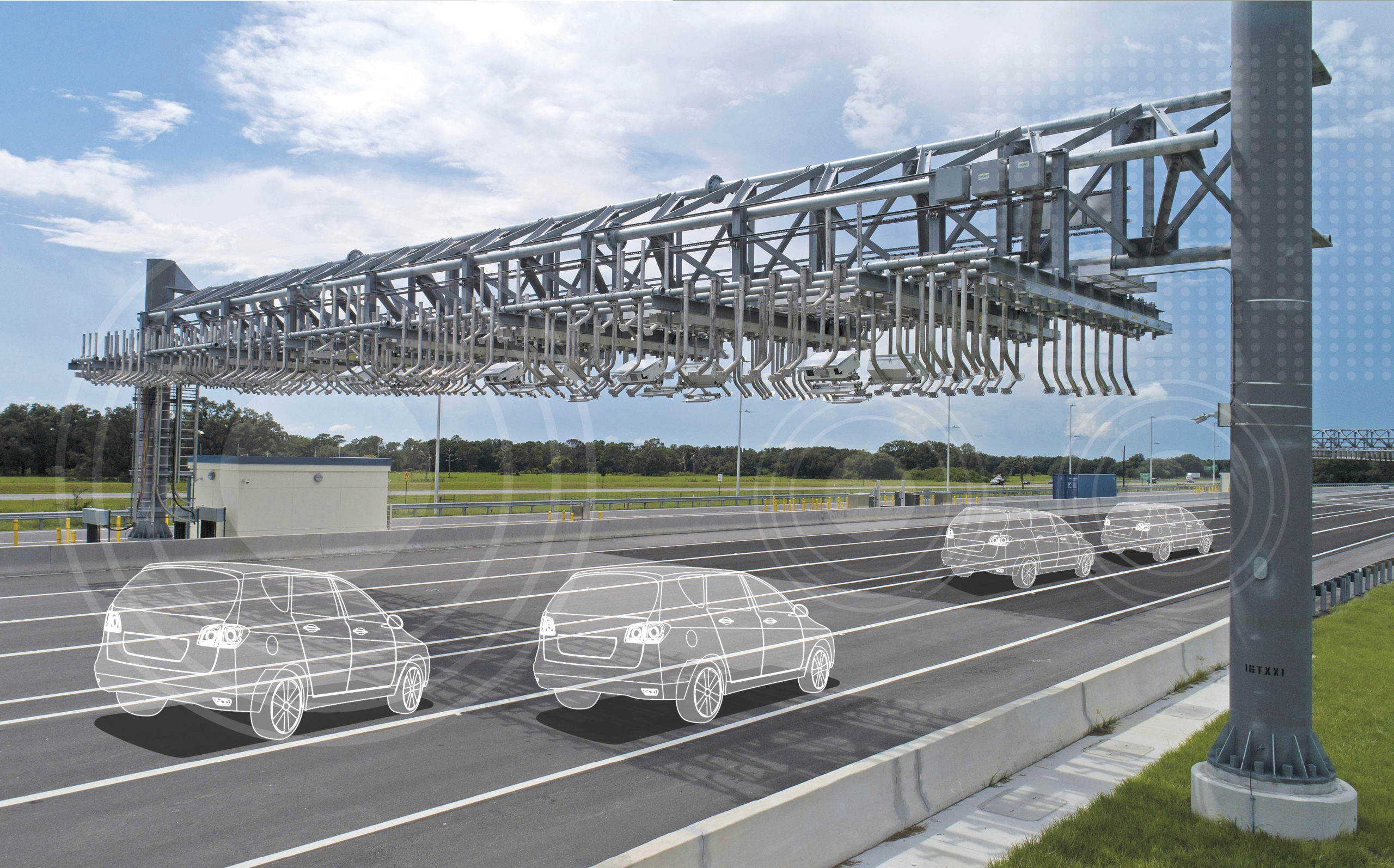
Automotive Testing : Accelerating the Future
Automotive testing is a critical process that evaluates the safety, performance, and compliance of vehicles. It involves various tests like emissions testing, crash testing, durability testing, and performance testing to ensure that vehicles meet industry standards and regulations.
With the advancement of technology and the increasing complexity of vehicles, automotive testing has become even more crucial in ensuring the reliability and safety of automobiles. Additionally, rigorous testing also helps manufacturers identify and resolve any potential issues before the vehicles are released in the market, resulting in improved overall quality and customer satisfaction.
Automotive testing plays a vital role in the automotive industry, ensuring that vehicles are safe, efficient, and meet the needs of consumers.

Credit: www.hntb.com
Ensuring Safety And Reliability
Automotive testing plays a crucial role in ensuring the safety and reliability of vehicles. With the importance of reliable transportation for consumers, it’s essential to conduct thorough testing processes. By subjecting vehicles to various tests and scenarios, potential issues can be identified and addressed before they become safety hazards.
Crash tests, performance evaluations, and quality inspections are some common types of automotive testing. These tests evaluate factors like structural integrity, braking capabilities, stability, and overall performance. Strong emphasis is placed on meeting regulatory standards and ensuring the vehicles can withstand real-life situations.
Through rigorous testing, manufacturers can confidently deliver vehicles that meet safety requirements and provide consumers with reliable and durable transportation options. Ultimately, automotive testing helps protect lives and instills confidence in the vehicles we rely on every day.
Compliance With Regulations And Standards
Automotive testing is crucial for ensuring compliance with government regulations and industry standards. It helps businesses meet the legal requirements by thoroughly examining their products and processes. This testing ensures that vehicles and automotive components adhere to safety, emissions, and performance standards set by regulatory bodies and industry associations.
By undertaking rigorous testing procedures, automotive manufacturers can identify any potential issues or non-compliance issues early on, allowing them to make necessary improvements and adjustments. This helps safeguard the interests of consumers and promotes a level playing field within the industry.
Ultimately, automotive testing plays a vital role in maintaining safety, quality, and reliability across the automotive sector, ensuring that vehicles on the road are compliant with all necessary regulations and standards.
Innovation And Advancements In Automotive Technology
Testing is crucial in pushing the boundaries of automotive technology. It helps drive innovation and advancements by ensuring that new ideas and concepts perform optimally. By rigorously subjecting prototypes and designs to various tests, manufacturers can evaluate their strengths and weaknesses.
This allows them to fine-tune and improve the performance, safety, and efficiency of automobiles. Automotive testing involves a range of assessments, including crash tests, durability tests, and performance tests. These tests enable engineers to identify areas for improvement and refine designs before they reach the production stage.
Additionally, testing plays a significant role in accelerating the future of automotive technology by providing valuable insights into the performance and reliability of new technologies like autonomous driving and electric vehicles. Overall, the continuous evolution of automotive testing contributes to the development of cutting-edge vehicles that meet the demands of today’s market and tomorrow’s transportation needs.
Crash Tests For Safety Evaluation
Crash tests play a vital role in evaluating vehicle safety, ensuring that cars meet the necessary standards. Different types of crash tests are conducted, each with specific objectives. Frontal impact tests assess the car’s ability to protect occupants during a head-on collision.
Side impact tests evaluate how well the car shields occupants in a side impact situation. Rollover tests examine the vehicle’s stability and roof strength. Rear impact tests analyze seat and head restraint effectiveness in minimizing injuries. These crash tests provide valuable data for manufacturers to improve safety features and enhance the overall protection offered by vehicles.
By conducting various crash tests, the industry aims to create safer automobiles that can better withstand accidents and protect passengers.
Performance And Durability Testing
Automotive testing involves evaluating the performance and durability of vehicles under various conditions. It aims to test the longevity and durability of automotive components. From extreme weather conditions to rough terrains, vehicles are subjected to rigorous testing to ensure their ability to withstand different environments.
By simulating real-life scenarios, automotive testers can identify potential failures, fine-tune performance, and make necessary improvements to enhance the overall quality of vehicles. Through comprehensive evaluation and analysis, manufacturers can develop more reliable and resilient automotive products. Whether it’s acceleration, braking, handling, or endurance, performance testing allows engineers to measure and optimize the capabilities of vehicles.
Durability testing, on the other hand, assesses how well a vehicle withstands long-term use, ensuring it remains reliable and safe throughout its lifespan. Automotive testing is crucial for delivering high-quality vehicles to consumers and ensuring their satisfaction on the road.
Emissions Testing For Environmental Compliance
Automotive testing plays a crucial role in ensuring environmental compliance, particularly when it comes to emissions testing. Measuring the environmental impact of vehicles is a vital step towards reducing harmful emissions. Advanced testing methods are employed to accurately gauge the level of pollutants released by vehicles.
These tests enable manufacturers to develop and refine technologies that help improve fuel efficiency, reduce greenhouse gas emissions, and enhance overall performance. By adhering to stringent emissions regulations, the automotive industry can contribute towards a cleaner and sustainable environment. Effective testing procedures help in identifying areas that require improvement, and facilitate the development of innovative solutions.
The automotive sector continues to strive towards minimizing emissions through ongoing research, development, and implementation of state-of-the-art testing methods. By doing so, it aims to achieve greater environmental compliance and promote a more sustainable future.
Autonomous Vehicle Testing And Development
Autonomous vehicle testing and development have become crucial in the automotive industry. Companies are focusing on testing autonomous vehicle technology to ensure safety and address challenges. Advancements in self-driving cars have led to enhanced sensors and algorithms for better navigation.
Manufacturers are conducting rigorous tests to validate the performance of autonomous vehicles in various scenarios. Additionally, the industry is exploring ways to improve infrastructure compatibility and optimize communication between vehicles and transportation systems. Furthermore, safety remains a top priority, with ongoing research to minimize the risk of accidents.
Continuous testing enhances the reliability and efficiency of autonomous vehicles, meeting the demands of the rapidly evolving automotive landscape. The future holds even more promising possibilities as technology continues to evolve and self-driving cars become more prevalent on our roads.
Electric Vehicle Testing For Efficiency And Performance
Electric vehicle testing is crucial to ensure their efficiency and performance. The optimization of various systems in electric vehicles is a priority. These tests aim to evaluate battery performance, motor efficiency, and overall vehicle performance. By analyzing data and conducting tests, manufacturers can identify areas for improvement and enhance the overall efficiency of electric vehicles.
This includes optimizing energy consumption, improving range capabilities, and enhancing charging infrastructure. Testing also allows for the identification of potential issues or malfunctions that may affect the vehicle’s performance. Ultimately, the goal is to develop electric vehicles that are not only environmentally friendly but also reliable and efficient in meeting the needs of their users.
Simulation And Virtual Testing
Simulation and virtual testing have emerged as crucial tools in the automotive industry. These technologies provide significant advantages in terms of cost and time efficiency. By utilizing virtual testing, manufacturers can minimize the need for physical prototypes and reduce the overall testing time.
This not only saves resources but also speeds up the development process. Additionally, simulation allows for a more comprehensive assessment of different scenarios, enabling engineers to identify potential flaws and optimize designs before physical testing. However, it is important to recognize the limitations of simulation in automotive testing.
While virtual testing can provide valuable insights, it cannot completely replace real-world testing. Factors like environmental conditions and human behavior are difficult to replicate accurately in simulations. Therefore, a combination of virtual and physical testing remains crucial for ensuring the safety and performance of automotive vehicles.
Conclusion
Automotive testing plays a crucial role in ensuring the safety, reliability, and performance of vehicles on the roads today. By subjecting vehicles to rigorous testing procedures, automakers can identify and address any potential issues before they reach the hands of consumers.
From crash tests to emissions testing and everything in between, these assessments provide valuable insights into a vehicle’s overall performance and help manufacturers maintain high-quality standards. Furthermore, advancements in technology have allowed for more efficient and accurate testing methods, leading to improved vehicle design and development.
As the automotive industry continues to evolve and strive for innovation, the importance of automotive testing cannot be overstated. It is through these meticulous evaluation processes that vehicles are continuously improved, making our roads safer and our driving experiences more enjoyable.
So, next time you buckle up and hit the road, remember that behind the scenes, comprehensive testing has played a significant role in keeping you safe and comfortable on your journey.
